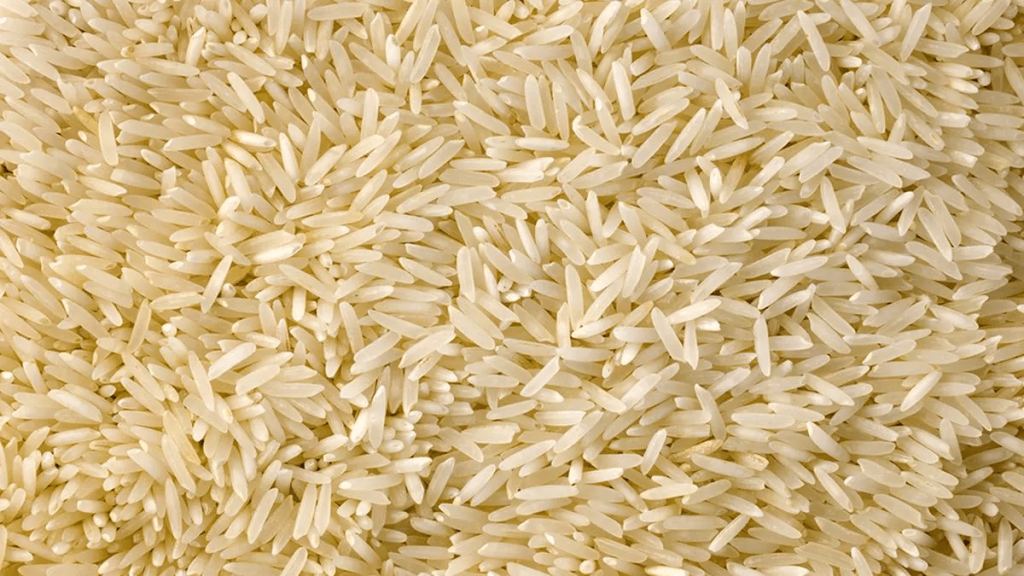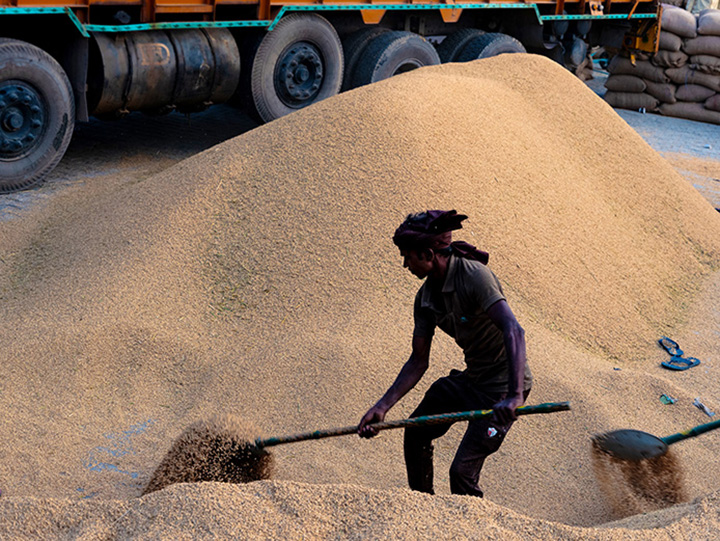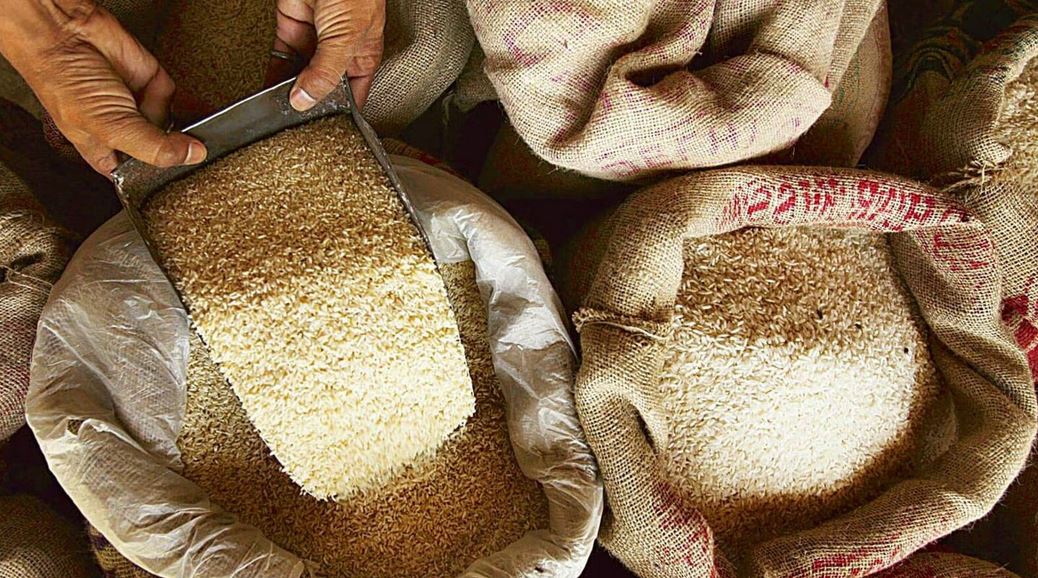Tags
Non-basmati rice procurement woes in Punjab may force growers to shift to basmati
Farmers who have harvested the fragrant rice are happy despite drop in prices.
By Prabhudatta Mishra

Basmati farmers in Punjab are happy despite receiving prices lower than last year. The reason for their happiness is the problems with the current procurement situation in the State amid a late purchase of non-Basmati paddy after a fortnight-long protest by rice millers and commission agents that created an uncertainty.
“The current year’s situation of procurement will definitely motivate some farmers to shift to Basmati from non-Basmati,” said Vijay Setia, a former president of All India Rice Exporters Association. He said only a holistic approach will correct the situation and suggested crop planning for Basmati rice.
The government’s export promotion body APEDA, which used to conduct crop survey and estimate the Basmati production in different phases on behalf of Basmati Export Development Foundation (BEDF), has discontinued it this year. Industry sources said some exporters did not want any survey claiming the crop estimate is affecting the trade. Last year, the Basmati rice production was estimated at 9.85 million tonnes (mt) out of an area of 2.1 million hectares.
Prices down 10%
According to trade sources, farmers are selling the Basmati crop at ₹2,800-2,900/quintal in Haryana and about ₹3,000/quintal in Punjab for Pusa 1509 variety whereas the farm-gate rates of Pusa 1121 are ₹3,800-4,000 per quintal in both Haryana and Punjab. Setia said prices are 10 per cent down this year from year-ago as the expectation is for a higher crop size.
Last year around mid-November, farmers of traditional Basmati CSR 30 were getting between ₹6,300 and ₹6,600/quintal whereas Pusa 1121 was commanding ₹4,300-4,500 and Pusa 1509 ₹3,200-3,600 in Haryana, depending on quality and how the paddy was harvested.
If combined harvester is used, the prices of Basmati are ₹300-500/quintal lower than manually harvested crop since the broken percentage is less when machine is not used.
No issues with arrivals
Recently, media reports said that commission agents (arhtiyas) in one of the mandis in Punjab had asked farmers not to bring Basmati crop for one week due to lack of space since the official procurement of non-basmati crop was in full swing. But, exporters said there is no problem in buying Basmati anywhere in Punjab and the arrival has been taking place.
“There is no issue with arrivals. The crop is very good this year and the Pusa 1121 has started arriving in market a week ago,” said Ashok Sethi, director of Punjab Rice Millers Exporters Association. He said ₹4,000/quintal which farmers are getting for Pusa 1121 is very good rate compared to other crops.
India’s Basmati rice exports until September 30 (since April 1) in the current fiscal have reached 2.72 mt (worth $2.87 billion) against 2.31 mt ($ 2.59 billion) a year ago. Recently, the government removed the minimum export price on Basmati rice shipments, allowing exporters to aggressively push the fragrant rice abroad.
https://www.thehindubusinessline.com/economy/agri-business/non-basmati-rice-procurement-woes-in-punjab-may-force-growers-to-shift-to-basmati/article68845916.ecePublished Date: November 9, 2024






